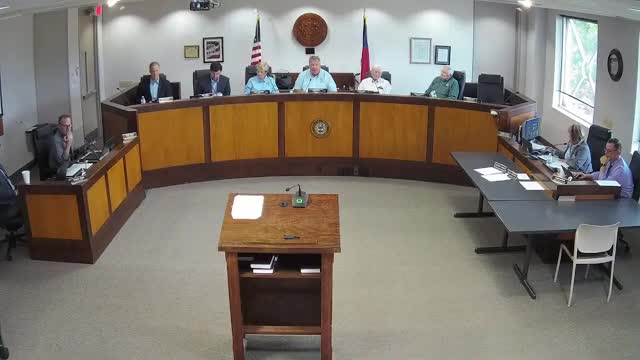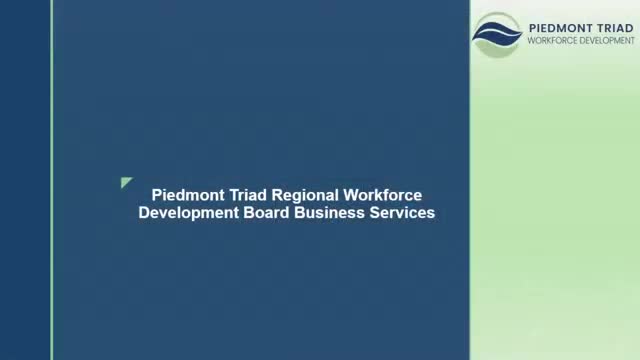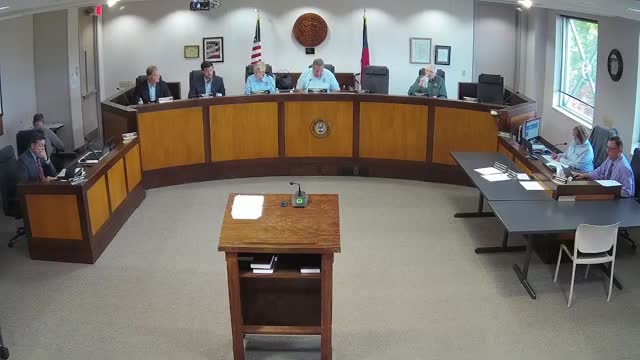Article not found
This article is no longer available. But don't worry—we've gathered other articles that discuss the same topic.

Davidson County moves on 9‑1‑1/EMS pay and recruitment measures; board approves headhunter extension and data tracking

PTRC workforce team outlines hiring and training grants available to Davidson County employers and government

